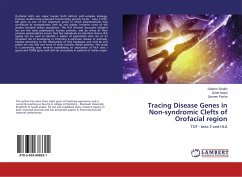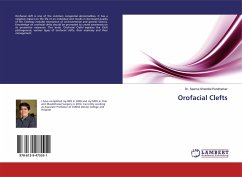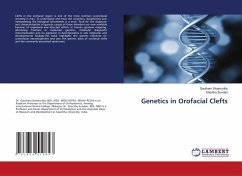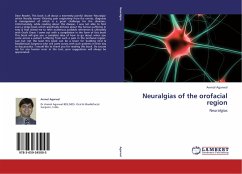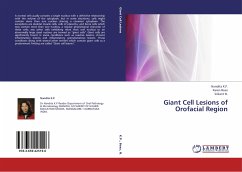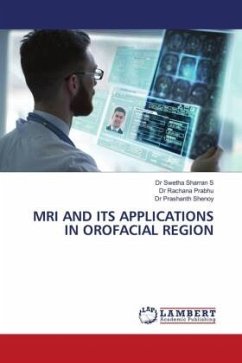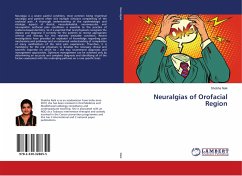Orofacial clefts are major human birth defects with complex etiology. Previous studies have proposed Transforming growth factor - beta 3 (TGF-B3) gene as one of the important genes in which polymorphisms may contribute to nonsyndromic cleft lip and palate, however none of the studies included Indian population. The HLA [Human leucocyte antigen] loci are the most polymorphic human proteins, and by virtue of their extreme polymorphism ensure that few individuals are identical. Hence HLA typing can be used to identify a subset of population who are at an increased risk of developing or inheriting a particular disease or anomaly. Studies pertaining to the relationship of HLA haplotype and cleft lip and palate are very few and none of these includes Indian patients. This study is a pioneering step towards establishing an association of HLA class I genes and TGFB3 gene with cleft lip and palate in patients of Indian origin.
Bitte wählen Sie Ihr Anliegen aus.
Rechnungen
Retourenschein anfordern
Bestellstatus
Storno

